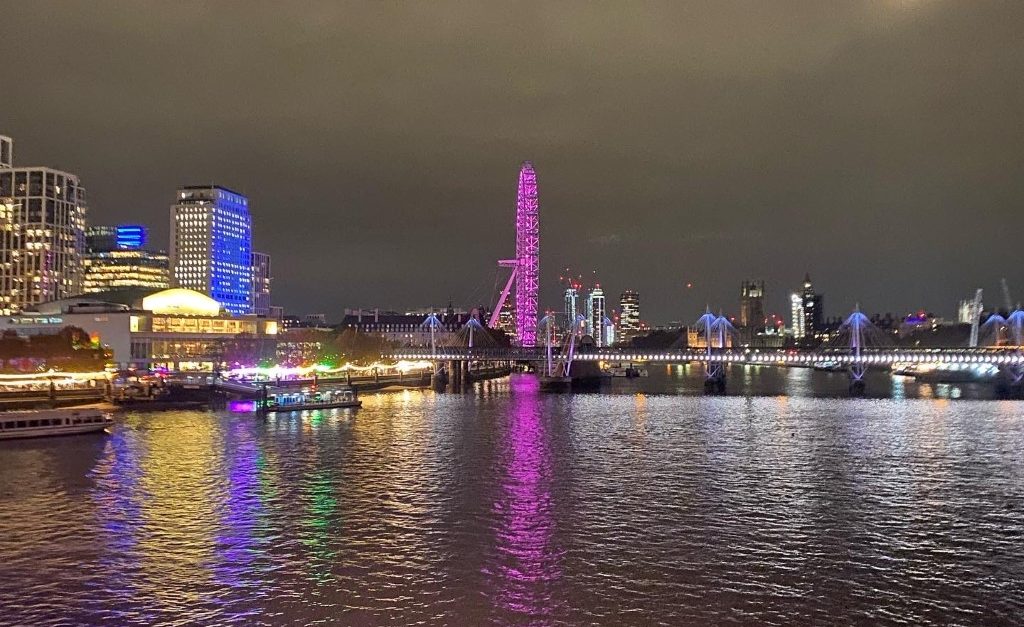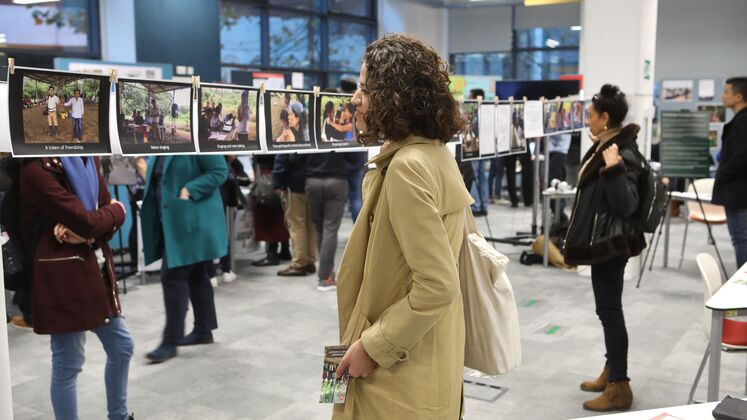Despite its reputation and level of prestige within the university rankings, before I submitted my UCAS last October, I was unaware of LSE and the courses it ran.
So why did I choose LSE?
As someone whose parents did not attend university and without any siblings to follow, I entered the UCAS process completely blind to what university entailed. Originally, I wanted to do psychology, then mental health nursing, but after changing my mind multiple times and making far too many course shortlists I settled on sociology, which funnily enough was an A-Level subject I chose simply to fill the choice of my third subject.
I chose sociology because after I began to fully understand what it consisted of, I developed a strong enjoyment towards the subject and wanted to take this knowledge further. Whilst some people may argue that taking a subject with no set career path is ridiculous, I believe it opens up just as many doors as it still shows you have a broad and detailed understanding of a specific topic. My knowledge of different universities before I applied was limited, as I’m sure many other applicants were. So, in order to start working out where I wanted to go, I had conversations with my sociology teacher and did my own research.
 Upon discovering LSE, I was immediately drawn to the BSc Sociology course, the second-year module on ‘Researching London’ stood out to me as it would allow students to put their developed knowledge into a real-life context. After looking at the entry requirements, I decided that LSE would be my ‘aspirational choice’, the one I would apply for that was possibly the most competitive and would require the most work to get into. I sent off my application and the wait for a response began.
Upon discovering LSE, I was immediately drawn to the BSc Sociology course, the second-year module on ‘Researching London’ stood out to me as it would allow students to put their developed knowledge into a real-life context. After looking at the entry requirements, I decided that LSE would be my ‘aspirational choice’, the one I would apply for that was possibly the most competitive and would require the most work to get into. I sent off my application and the wait for a response began.
A couple of months after sending off my application, I took a trip into central London with my dad to view the location of LSE (and other places I had applied to) as COVID-19 meant that open days were still not running. But being able to locate the campus gave this whole process a further sense of reality, it felt strange that within less than a year I’d be starting a completely new path of life in a completely different setting.

Receiving my offer was a memorable day, I received the UCAS track email whilst in class, but I was unable to check it as I couldn’t remember the password off the top of my head, so I had to wait until I got home that afternoon. To make matters worse, once I’d returned home, I came to the realisation that I’d forgotten my house key, so I had to wait until my dad got home from work. The confusion of being locked out (and bring hungry because it was lunchtime) meant that I’d forgotten about my UCAS Track update meaning once I could go inside, I didn’t even check my Track. It wasn’t until someone messaged me whilst I was eating lunch that I remembered to check it.
Fast forward several months and I was packing my bag ready to start my new path into sociology. If you’d have told me this time last year that I’d not only be studying sociology, but I’d also be at LSE, there is no way I would’ve believed you!






I have enjoyed reading your blogs Lily and your thoughts on very big issues.
There are many people who suffer in silence as they don’t want to admit to having mental health issues as you say because of the stigma attached to it. I think this is slowly changing as people are beginning to talk about it more than they ever did. This is a good thing as then people realise they are not alone with stress and anxiety. Children and young peoples mental health has become a fast growing problem in recent years for many reasons.
More money needs to be available to train the right professionals to really understand and support young people with mental health problems .Councillors don’t have long enough training and often a psychologist would be better but not possible.
Many adults have mental health issues as well due the pressures of life today they have to go on a long waiting list to get help which has to be changed.
Another big problem is the elderly and disabled who also don’t get the help and support they need.
I agree with all you say about education and more help and understanding should be given to disadvantaged children from poor homes.
Today women play a much more important role in society and the workplace. In many ways now overtaking the men. For example woman’s football in sport.
Also I think great strides have been made to accept people whatever colour they are and are treated equally in most cases but there is always the exemption.
Looking at History the world has made many mistakes we realise but in many cases have learnt by our mistakes .
and are still learning to make the world a better place.
You say your second year is about Researching London is that about how Londoners have changed. It has changed a lot
and the Londoners of 50 years ago have no relationship with the Londoners of today but that’s always been the case the case throughout it’s history.
I am a Londoner and very proud to be born there.